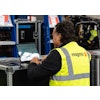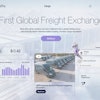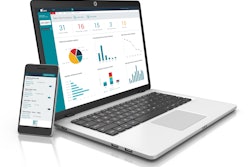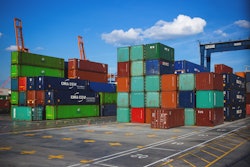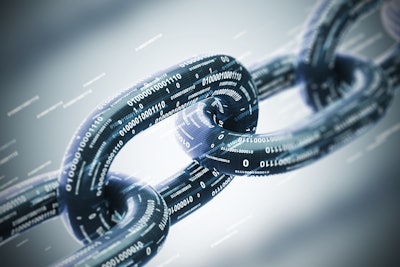
One of the biggest concerns in all supply chains is a lack of visibility, as companies are challenged with trusting countless participants to provide current product data, such as the product lifecycle history, location, production cycles and arrival forecasting. From a logistics perspective, supply chain data sources are often limited to the last interacted stakeholder, which could include a variety that don’t update data, including suppliers, distributors, retailers, and customers, thereby significantly increasing inaccuracies. Further, most systems are antiquated, relying on spreadsheets and Google docs to track movement across the supply chain.
Add to these already outdated and inaccurate supply chain systems, the unprecedented demand for food that Covid-19 is placing on all providers throughout the supply chain, and it should come as no surprise that most experts predict a global food shortage in the coming months.
It’s worth noting that seafood is the fastest-growing sector of the food industry and is expected to reach $2.9 billion this year. Even before Covid-19, the shipping industry was reporting slowdowns because of port closures, and logistics hurdles, which impact the flow of seafood into distribution centers, grocery stores and restaurants. An already strained supply chain in the seafood industry has undoubtedly been affected by the current COVID-19 pandemic, as it puts further strain on the complex web of interactions involving fishermen, fish farmers, processing plants, shipping, retailers, and more.
Unisot CEO Stephan Nilsson said, “Our current global Supply Chains are sensitive to natural disasters and pandemics like the COVID-19, due to the fact that a lot of the information flows between stakeholders are still manually handled by phone, emails and even paper. Most disputes and decisions are also still handled manually by people that can easily get sick or are prevented from traveling to work.”
However, Unisot and the smart application of blockchain technology can alleviate these issues, streamline operations and provide real-time information to enable better planning, as outlined below.
The Solution: Seafood Chain
The blockchain is the only technology that gives all parties across the entire supply chain a “universal source of truth” in regard to the whereabouts of products and implants each aspect into an irreversible public record. This makes everything more transparent to all parties across the supply chain, so there is no confusion about demand, production and every step in between.
By building a supply chain management system on the Bitcoin SV (BSV) blockchain, Unisot’s Seafood Chain provides all stakeholders with:
- Global Traceability
- Process Automation via Blockchain Data Exchange (BDI)
- Information Insight
- Micropayments
- Product Provenance
- Smart Contracts
- Real-Time Information on Product Recalls, Sustainability and Environment
By creating “digital twins” of each item, stakeholders can “track and trace” products, measure key performance indicators, and obtain real-time updates (such as the temperature of products in transit). For ease of use, Unisot offers an industrial-grade app for smartphones, allowing users to scan QR codes to register products, add data, transfer ownership, and more. As a result, the system offers greater predictability, enabling suppliers and retailers to more effectively order, manage, and sell what is in their networks.
In addition, the tremendous scalability of the BSV blockchain enables Unisot to merge data from the world’s largest ERP system, SAP, creating a “universal source of truth” on the blockchain.
